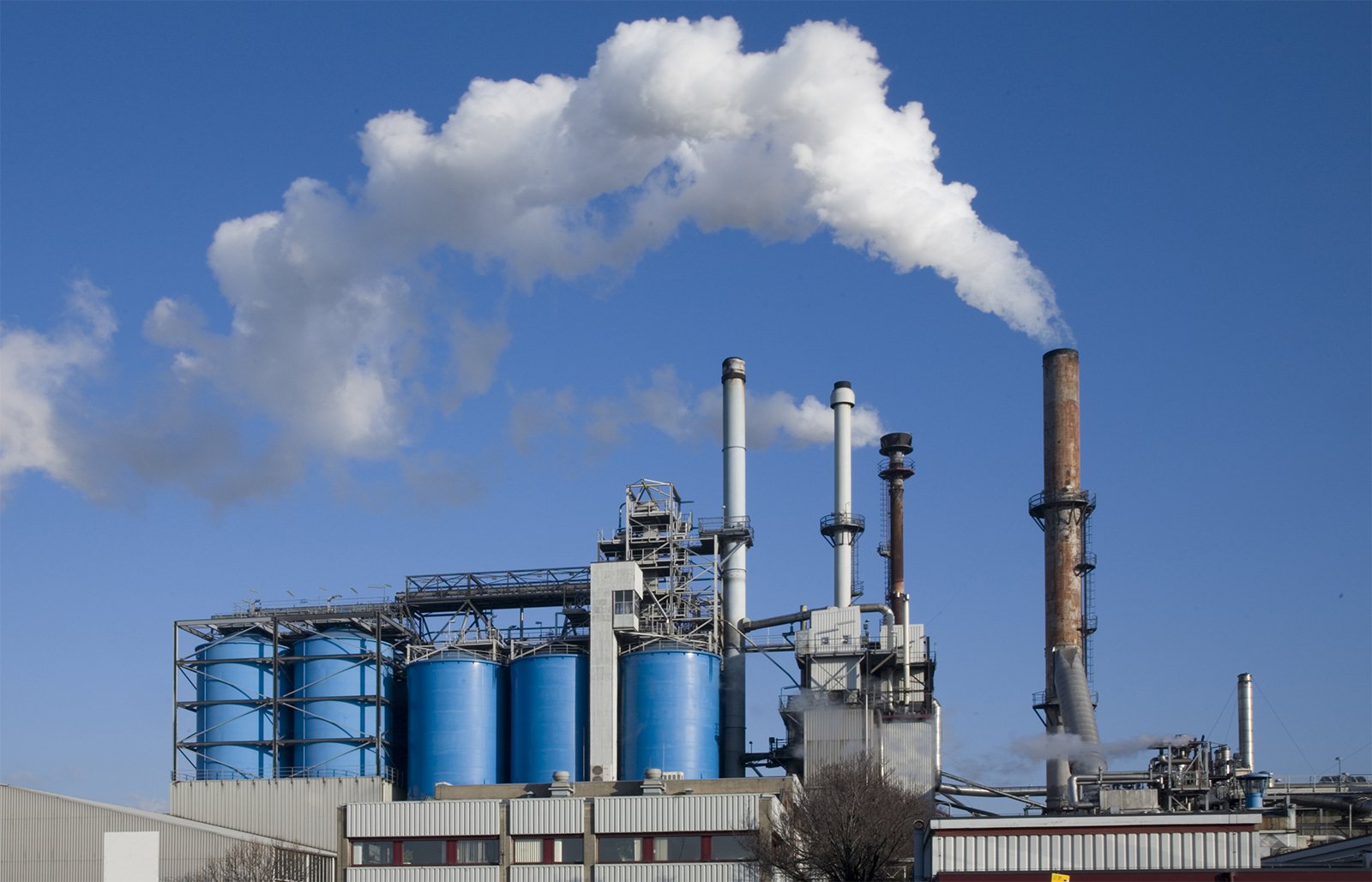The Department of Environment has called on the parliament to revise the bill on environmental tax expenditure to help develop green industries.
The code on environmental tax obliges industries to pay a percentage of their revenues for the damage inflicted by their operation on the environment.
Certain fines are also levied on industries that fail to comply with environmental regulations.
The prevailing code says 40% of the total environmental tax and fines should be allocated to the Ministry of Roads and Urban Development and another 40% to the Ministry of Interior to be distributed among municipalities, Zist Online reported.
The remaining 20% of the total amount should be deposited into the National Environment Fund.
But no such money has so far been received by the fund, Masoud Tajrishi, DOE's deputy for human environment, said.
"Since the inauguration of Isa Kalantari as the head of DOE, efforts have been made to direct the revenue toward the fund through a bill to the parliament, but this has not been achieved yet," the official added, hoping that the bill will gain the approval of the parliament.
Once boosted by these taxes and fines, the fund will be able to offer loans to industries to upgrade their equipment and machinery, and become more eco-friendly.
Reportedly, the total amount of environmental tax and fine as defined in the last year's budget bill (ended March 20, 2017) reached 135 trillion rials ($2.8 billion).
"It is not clear where and how the money was spent," Tajrishi complained.
The National Environment Fund was established in 2014 with the aim of reducing pollution, ensuring sustainable use of natural resources and preventing their destruction, conducting restoration projects and protecting biodiversity.
DOE currently monitors some 3,000 industrial units throughout the country for their pollution. Tajrishi said the figure will be doubled in collaboration with the universities and utilizing their modern methods.
The official also assured industries that their environmental taxes and fines will be reduced if they invest in less polluting technologies.


